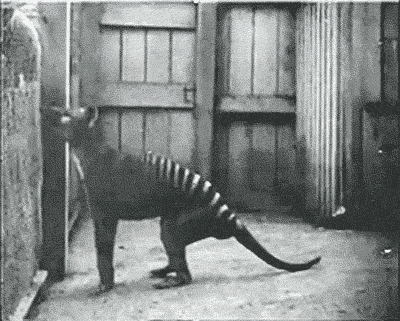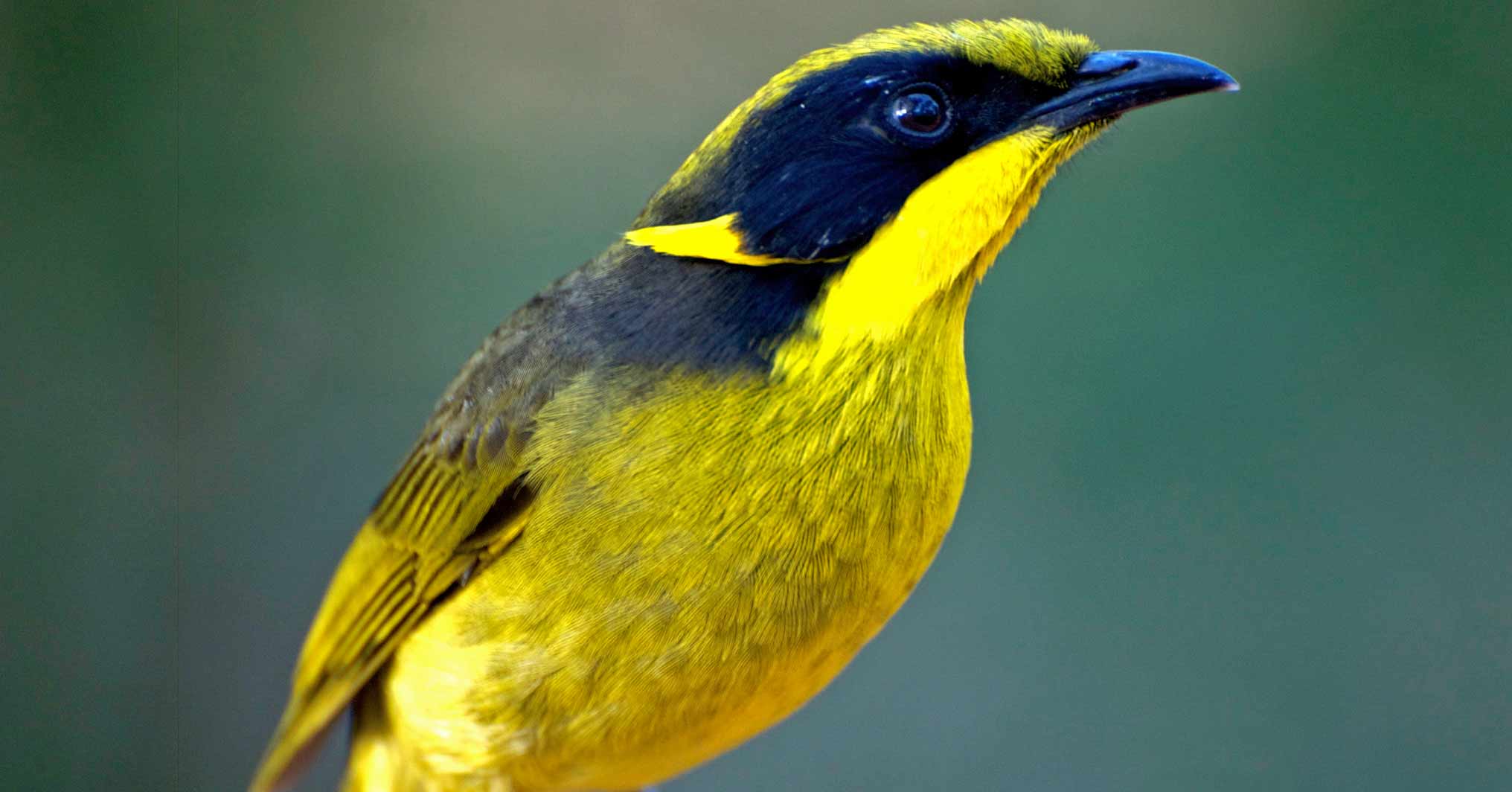Thirty percent of Victoria’s animal species are threatened and our faunal emblem, the Leadbeater’s Possum, is critically endangered. If we are going to halt, and ultimately reverse, this trend then we need protections that are up to the job.
The current Flora and Fauna Guarantee Act (FFG), passed in 1988, is decades old and has turned out to be a toothless tiger. Over the last 30 years, no Victorian government has ever used the main tools in the Act: their ability to declare ‘critical habitat’ for species protection or to issue conservation orders to stop things getting worse.
Before being elected in 2014, the Andrews government committed to a much-needed review of the FFG Act. This presented a big opportunity, and since then almost 30,000 Victorians have sent messages speaking up for better protections (thank you!).
After a long wait, we have finally have a set of proposed changes. There are some improvements. But, disappointingly, the changes risk history repeating, because the option to do nothing remains in the Bill.
The Helmeted Honeyeater is Critically Endangered. Currently there are only three small semi-wild populations in remnant streamside swamp forests east of Melbourne.
The current changes to Victoria's Threatened Species Laws risk history repeating, because the option to do nothing remains in the Bill. Click To TweetEnvironment Victoria, along with our friends at Environmental Justice Australia, the Wilderness Society and the Victorian National Parks Association, have been working closely with the Department of Environment, Land, Water and Planning to secure meaningful reforms.
The bill does have some improvements. But these fall a long way short of what we need to reverse the extinction crisis, and ensure Victoria’s rare and threatened plants and animals can recover and thrive.
 Click here to show a list of the improvements
Click here to show a list of the improvements
There was nothing in the old FFG Act to force the government of the day to intervene – even if the situation for a particular threatened species was dire. This meant that powerful tools like the ability to declare ‘critical habitat’ and issue conservation orders were never used.
The option to do nothing remains in the Bill before Parliament. Obviously we’re hopeful that a strong Minister and Secretary would use the discretionary powers they have to stop the decline of species, but the fact that no Minister has done this in the past 30 years should be cause for concern.
It’s a sad reality that governments have consistently put biodiversity conservation well below other issues in their hierarchy of concerns.
What we need is a clear back-stop – a point at which the government must intervene to stop things getting worse. A trigger, for example when a species is categorised as ‘critically endangered’, when critical habitat must be declared and when a habitat conservation order must be issued.
Victoria's threatened species laws need a clear back-stop – a point at which the government must intervene to stop things getting worse.Click To TweetHabitat conservation orders can be very broad, so requiring one to be issued would still provide flexibility, while ensuring further decline is stopped.
Most Aussies look at examples like the Tasmanian Tiger with dismay. How could we have ever let that happen!? Let’s learn the lessons of the past and restore the balance to our decision making.

The last Tasmanian Tiger died in captivity in 1936... 59 days after the species was officially granted protection.
We know that when we step in and take action we can stop extinction. But these current changes do not guarantee a future for Victoria’s 600+ threatened plants and animals. And there’s a risk that more significant reform will be kicked down the road. Historically, environmental legislation is only amended once-in-a-generation.
As the impacts of our damaged climate continue to grow, it’s clear that animals like the Leadbeater’s possum, helmeted honeyeater, and mountain pygmy possum cannot afford to wait another 30 years. By then, it will be too late.
Tell the Victorian Environment Minister Lily D’Ambrosio why you care, and why you want her government to step up to the challenge and commit to further legal protections for threatened species.
